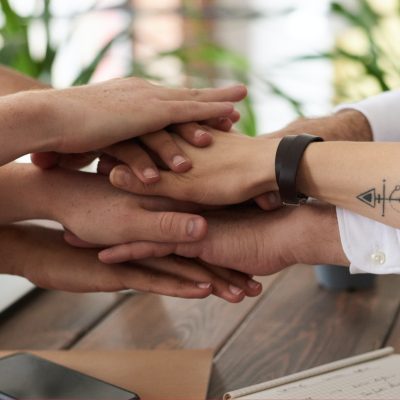This year’s International Women’s Day 2023 theme is ‘Embrace Equity’. But what does that mean? At Agulhas, equity is a key goal for all our research and evaluation work, and something we strive to be mindful of in our organisation, lives and work.
Like this year’s IWD theme, we seek to appreciate and understand that equality of opportunity is not enough; people are not in equal positions to accept opportunities, and so true inclusion must come from driving equitable practices, an awareness that power imbalances exist and must be acknowledged, and that everyone’s experience differs as a result.
As part of our ambition to learn what we can about equity, and how we might contribute to improved equity in our sector, we have been a part of the pilot study and research for the Equity Index, an anti-racist and feminist UK social enterprise, advocating for greater equity across the international development sector. By holding a mirror up to the sector, and our organisation specifically, the Index seeks to shine a light on the inequities that exist, to hold us accountable, and ultimately enable us to do better.
Agulhas Unlearning is an internal working group which seeks to support the company in a process of uncovering and relearning what we know about racism, inequality and promoting equitable systems. By doing this work internally, reflecting on the different levels of racism in society and appreciating that intersecting power imbalances exist in our work and sector, we hope to be better positioned to help our clients work towards practices that positively impact equity and equality, and do not simply enable and uphold the status quo.
In evaluations for clients such as UN Women, we have sought to undertake explicitly feminist and gender-transformative work, offering learnings and recommendations for programming that enhances gender equality and supports women’s empowerment. A feminist theoretical lens ensured that the team working on the independent evaluation of UN Women’s Strengthening the Resilience of Syrian Women and Girls and Host Communities programme, for example, grounded analysis in an understanding of existing power imbalances based on gender that would impact the programme and its evaluation.
Our work on Just Transitions and nature-valuing solutions is inherently mindful of power imbalances and the need for inclusive solutions to achieving low carbon economies, as well as the inequitable burden of climate change effects on populations least responsible, such as small island states, and women and girls. The climate crisis exacerbates existing inequalities, meaning that women and girls are often more disadvantaged by its effects. In our work to help clients to better research, monitor and learn from sustainable progress in their aim to make climate action more just, inclusive and locally owned, we have the opportunity to highlight the positive impact that equitable practices can have when tackling climate-related issues.
There is no one definition of ‘equity’ out there, but a key premise – as seen in definitions provided by the Equity Index, Racial Equity Index and World Resources Institute – is that equity includes deliberate consideration of systemic imbalances to ‘level an uneven playing field’, as opposed to a focus on the equality of rights within an inequitable system. During a research project in 2022 focused on ‘embedding diversity inclusion and racial equality’ Agulhas worked with a UK climate programme to understand how equity, as opposed to equality, could be embedded as an overarching framework and principle of the programme. Our set of policy and programme recommendations were built on an existing gender framework – the 8 minimum standards for Gender Equality, but were modified to consider systematic imbalances specific to the programme, and were adapted to the issues of race. Through collaborative workshops, it became clear that that equity is not interchangeable with equality, and that actions must be taken towards achieving both if inclusivity in climate-related work is to be improved.
Agulhas is in the middle of the certification process to become a B Corporation. The certification, which would require us to legally answer to stakeholders, not just shareholders, ensures that companies operate in an inherently inclusive way by considering the needs of its people, partners and wider society, not just trustees and clients. It also gives us a sustainable framework for working towards more equitable practices, combining both our industry specific requirements and global best practice.
This year’s IWD theme states that ‘People start from different places, so true inclusion and belonging require equitable action’. Here, the key word for us is ‘action’. Equity isn’t a passive term but a work in progress, and embracing the concept means embracing the idea that there is always more to learn about justice, equity, diversity and inclusion. If equity describes the ability of everyone to exercise one’s rights, this can mean different things in practice to different people. Embracing equity therefore also means being open to listening and learning from people’s differing experiences.
The best part about embracing equity, for us, is that it makes life and work better for everyone. We have long known that diverse, engaged and inclusive teams make for a better working environment, and that inclusive, equitable evaluation processes make for more insightful and impactful recommendations.



